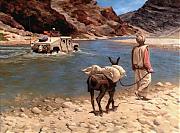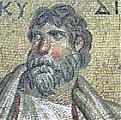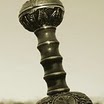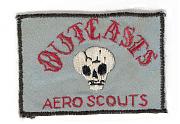Tactics of the Crescent Moon...
H. John Poole and Ray Smith (foreword). "Tactics of the Crescent Moon comes none too soon for deployed U.S. service personnel. Little, if any, of their battlefield intelligence has been tactically interpreted. U.S. analysts are generally more interested in the enemy’s strategic or technological capabilities. Even if those analysts did want to tactically assess the information, most lack the infantry and historical background to do so. This book fills that void. It reveals—for the first time in any detail—the most common small-unit maneuvers of the Iraqi and Afghan resistance fighters. Its author is a retired infantryman and recognized authority on guerrilla warfare. He has traveled the world extensively and still trains active-duty U.S. units. Tactics of the Crescent Moon could save many lives (if not turn the tide of war) in the Middle East. It is a heavily researched, well-illustrated, and spell-binding account of how Muslim militants fight. While the book delves mainly into their tactical method, it also uncovers their cultural orientation. This nail-biting nonfiction covers events as recent as 15 September 2004."











Bookmarks